Group Mosque Visits in Istanbul
PS = If your e-mail is not answered during the day, please contact us on WhatsApp.
Contact : Mr Hakan HACIBEKIROGLU Whatsapp : +905337385862
As the capital of the Ottoman Empire since the 15th century and currently the one of the biggest metropolis in Europe, Istanbul is home to over 17 million people. 95% of the population is Muslim and the city has an astonishing number of nearly 3000 (!) mosques. To out things in perspective, this means there are more mosques in Istanbul than Starbucks in New York City or churches in Rome.
Visiting Mosques in Istanbul Etiquette ;
Because mosques are not regular tourist attractions there are some things you should keep in mind. Most of all remember these are sites of worship and should be respected!
1- Functioning mosques, as sites of prayer, do NOT have entrance fees
2- Some mosques may close during praying times i.e. 5 times/day so try to plan your visit accordingly. You can find accurate prayer times for Istanbul here. http://takvim.ihya.org/turkiye/istanbul-namaz-vakitleri.html
3- Visitors are requested to dress modestly, which means no shorts, tank tops, or mini skirts. In particular, women should wear long bottoms as well a headscarf (there are scarfs there if you don’t have one).
4 -You cannot wear shoes inside, so try not to bring your boots that take an eternity to get on in the morning. Expect smell like feet inside.
5 -Women are not allowed in some places inside. That’s just the way it is.
6 – Finally, try to talk softly. Respect the prayers!!!
1 – Rustempasha Mosque ;
The Rüstem Pasha Mosque was designed by Ottoman imperial architect Mimar Sinan for the grand vizier Rüstem Pasha (the husband of one of the daughters of Suleiman the Magnificent by Hürrem Sultan (Roxelana), Mihrimah Sultan). Rüstem Pasha died in July 1561 and the mosque was built after his death from around 1561 until 1563. The mosque complex hosts now a religious school.
2 – Suleymaniye Mosque ;
The Süleymaniye Mosque, built on the order of Sultan Süleyman (Süleyman the Magnificent), “was fortunate to be able to draw on the talents of the architectural genius of Mimar Sinan” (481 Traditions and Encounters: Brief Global History). The construction work began in 1550 and the mosque was finished in 1557.
3 – Merkezefendi Mosque ;
The square plan, masonry, wooden roof, mosques, the minarets are located adjacent to one painted yellow. The mosque and the surrounding area have been structured as follows: mosques, mausoleums, Çilehane, cemeteries, Abdulbaki Pasha Library, Hammam, courses, and vow until Gasilh places. When entering the mosque courtyard gate on the left is a small shrine in the central Lord of the sarcophagus that has two grandchildren. There is Merkez Efendi Tomb opposite here. Right outside the entrance door to the mosque exit 4 digits
After visiting Merkezefendi Mosque and shrines we go to eat LUNCH in a typical Turkish Meat Ball Restaurant
4 – Eyup Mosque ;
The Eyüp Sultan Mosque (Turkish: Eyüp Sultan Camii) is situated in the Eyüp district of Istanbul, outside the city walls near the Golden Horn. The present building dates from the beginning of the 19th century. The mosque complex includes a mausoleum marking the spot where Eyüp (Job) al-Ansari, the standard-bearer and friend of the Islamic prophet Muhammad, is said to have been buried.
5 – Sehzadebasi Mosque ;
The Şehzade Mosque (Turkish: ‘Şehzade Camii’) is a 16th-century Ottoman imperial mosque located in the district of Fatih, on the third hill of Istanbul, Turkey. It was commissioned by Suleiman the Magnificent as a memorial to his son Şehzade Mehmed who died in 1543. It is sometimes referred to as the “Prince’s Mosque” in English.
6 -Fatih Mosque ;
The Fatih Mosque (Turkish: Fatih Camii, “Conqueror’s Mosque” in English) is an Ottoman imperial mosque located in the Fatih district of Istanbul, Turkey. It was one of the largest examples of Turkish-Islamic architecture in Istanbul and represented an important stage in the development of classic Turkish architecture. It is named after Ottoman sultan Mehmed the Conqueror, known in Turkish as Fatih Sultan Mehmed, the Ottoman sultan who conquered Constantinople in 1453.
7 – Sokollu Mehmed Pasha Mosque ;
The mosque was designed by Ottoman imperial architect Mimar Sinan for the grand vizier Sokollu Mehmet Pasha (the husband of one of the granddaughters of Sultan Suleiman the Magnificent, Princess Esmahan). According to the foundation inscription, the building was completed in AH 979 (1571/72 CE). The mosque is officially named after Princess Esmahan but is more commonly known for its association with her far more famous husband.
Contact : Hakan HACIBEKIROGLU
Facebook: https://www.facebook.com/hakanhacibekiroglu
Instagram: https://www.instagram.com/hakanhacibekir/
Twitter : https://twitter.com/hakanhacibekir
Whatsapp: +905337385862
E-mail : hakan_hacibekiroglu@yahoo.com ( 24/7 Online )

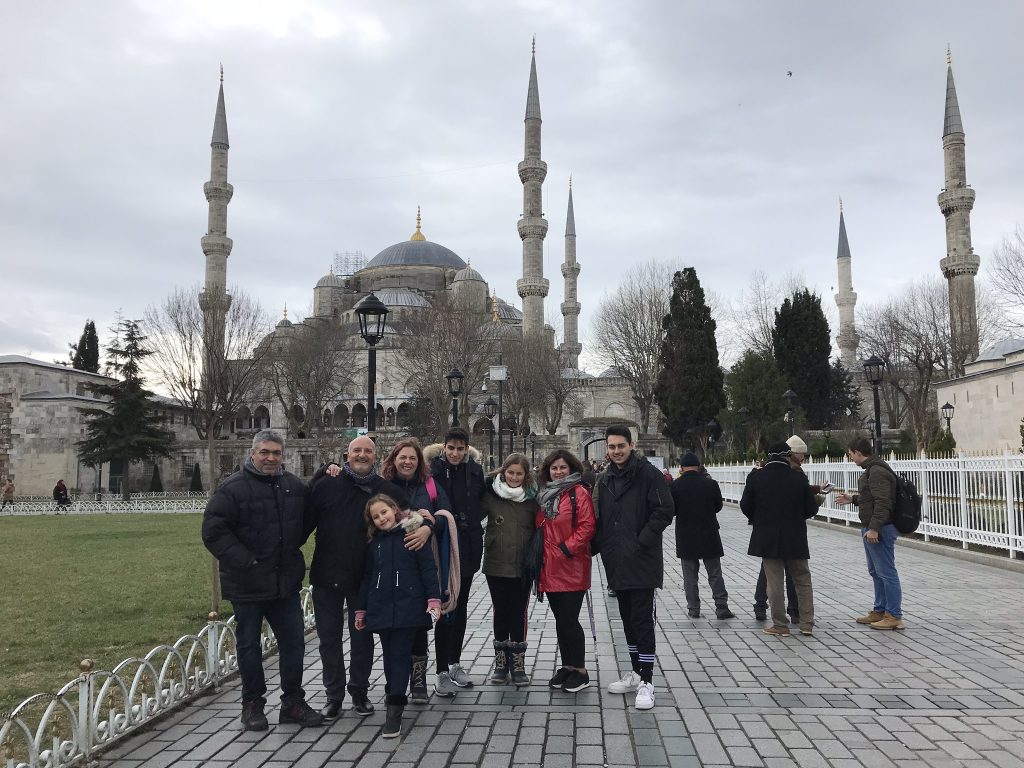
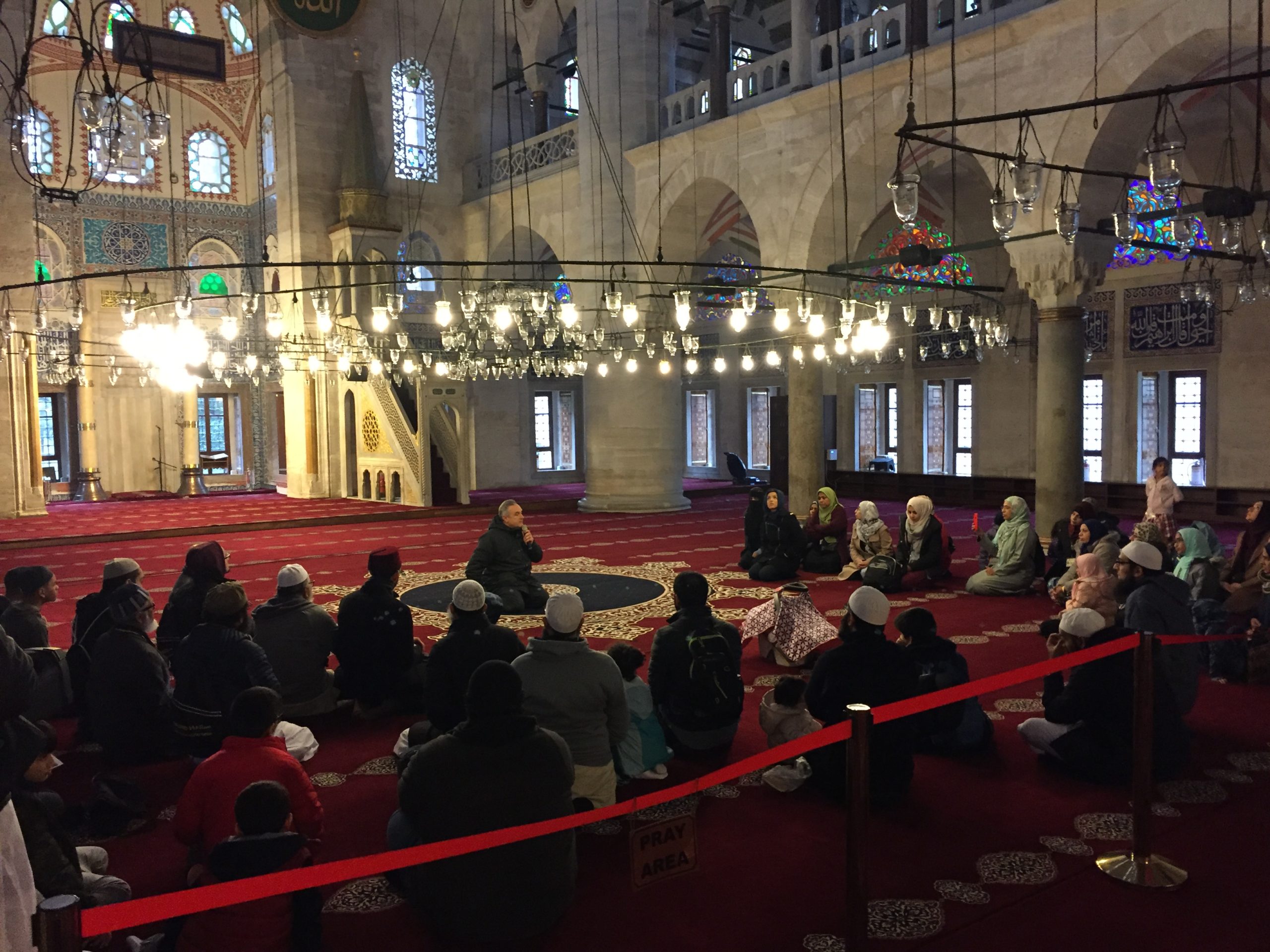
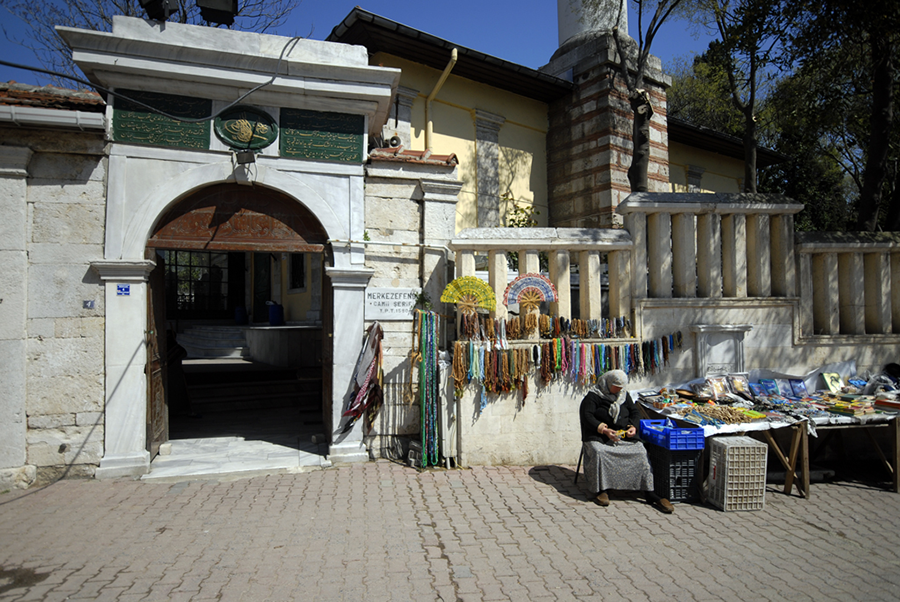
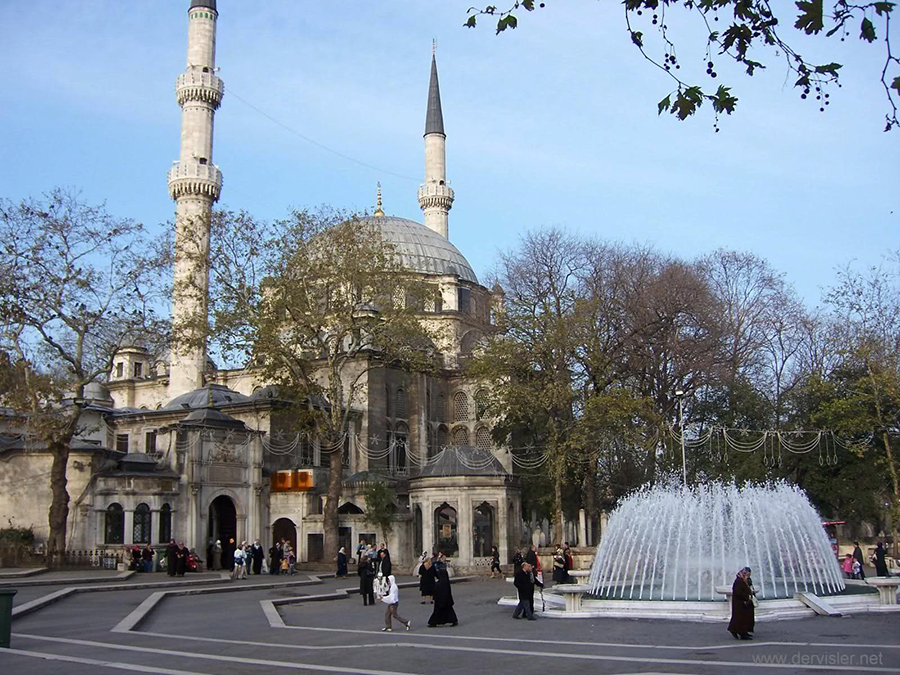



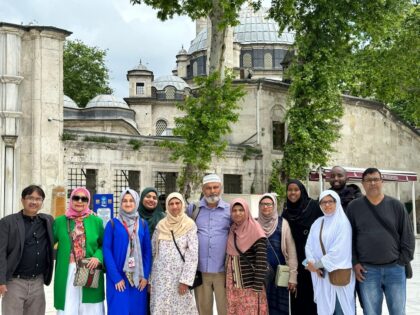
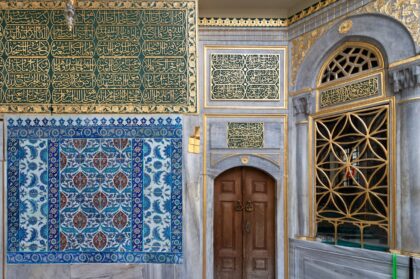
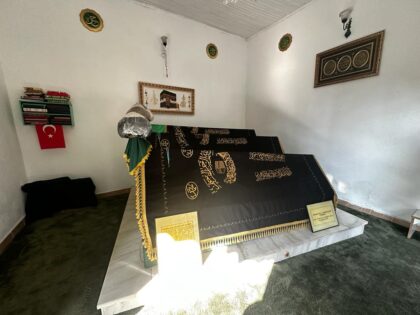
Reviews
There are no reviews yet.